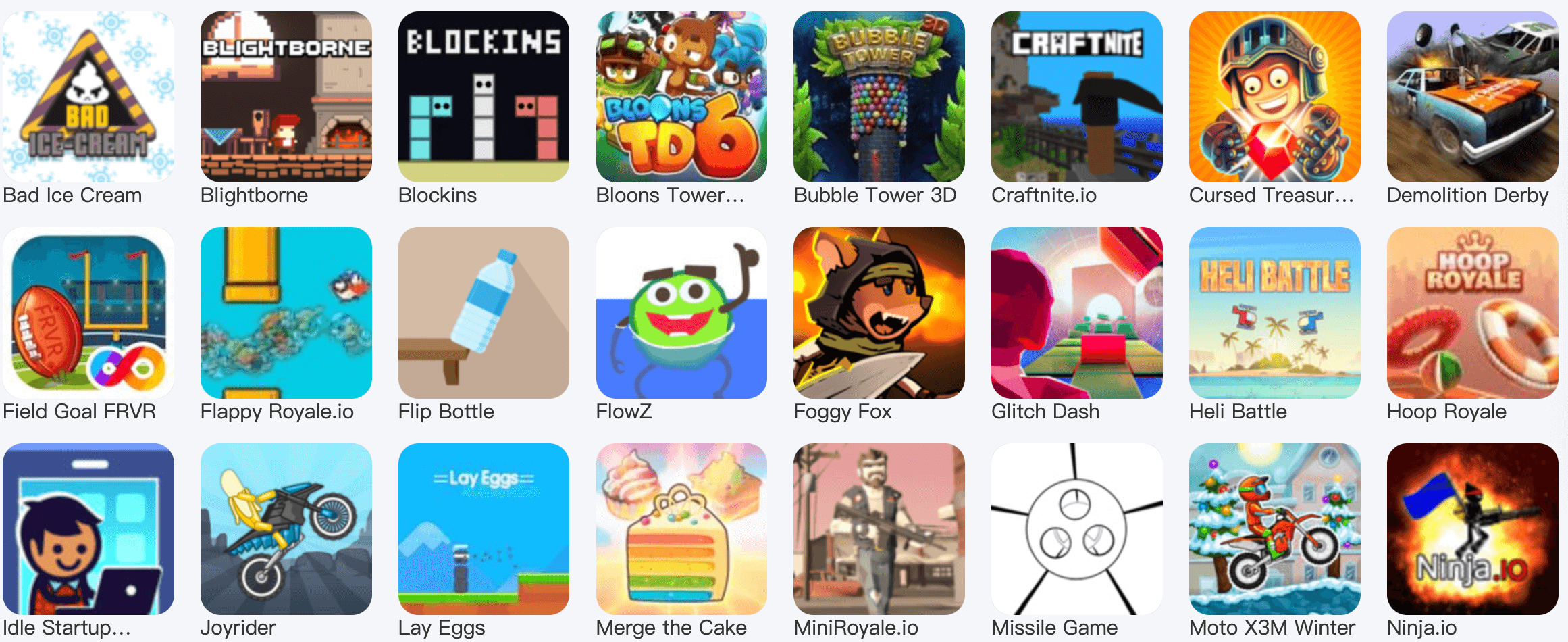In the landscape of video games, 911 games represent a unique and often controversial genre that simulates emergency response scenarios, particularly those involving police, fire, and medical services. These games have evolved significantly since their inception, reflecting changes in technology, societal attitudes, and gaming culture.

The origins of 911 games can be traced back to early simulation games that sought to replicate real-life experiences. Titles such as "Emergency!" and "911 Operator" laid the groundwork by allowing players to assume the roles of emergency responders, managing crises, dispatching units, and making split-second decisions. These games often include a mix of strategy, time management, and resource allocation, providing a compelling gameplay experience that challenges players to think critically under pressure.
As technology advanced, so did the complexity and realism of 911 games. Modern iterations leverage sophisticated graphics, artificial intelligence, 911Gamesl unblocked (911games.io) and immersive sound design to create a more engaging experience. Players can now navigate intricate urban environments, respond to dynamic emergencies, and interact with a variety of characters, all while maintaining the critical elements of urgency and decision-making that define the genre.
However, 911 games are not without controversy. Critics argue that simulating real-life emergencies can desensitize players to the seriousness of such situations. The portrayal of violence, trauma, and the often grim realities of emergency response can evoke strong reactions. Some developers have taken steps to address these concerns by incorporating educational elements, emphasizing the importance of empathy and understanding the challenges faced by first responders.
The impact of 911 games extends beyond entertainment; they serve as a platform for raising awareness about the complexities of emergency services. By engaging players in scenarios that require quick thinking and ethical decision-making, these games can foster a greater appreciation for the work of police, firefighters, and paramedics. Furthermore, they can encourage discussions about public safety, emergency preparedness, and the societal implications of emergency response.
In recent years, the rise of online multiplayer features has added a new dimension to 911 games. Players can collaborate or compete with others in real-time scenarios, enhancing the social aspect of gaming. This shift has led to the creation of communities centered around emergency simulation, where players can share strategies, insights, and experiences, further enriching the genre.
Looking ahead, the future of 911 games appears promising, with potential for further innovation and development. As virtual reality (VR) and 911games augmented reality (AR) technologies become more accessible, the opportunity to create even more immersive experiences is on the horizon. Imagine a VR environment where players can step into the shoes of a first responder, facing the challenges of real emergencies in a simulated but realistic setting.
In conclusion, 911 games occupy a distinctive niche within the gaming industry, blending entertainment with education and social awareness. While they may provoke debate regarding their portrayal of sensitive subjects, their potential to inform and engage players about the realities of emergency response is undeniable. As the genre continues to evolve, it will be crucial for developers to navigate the balance between realism and sensitivity, 911gamesl unblocked ensuring that these games remain a valuable part of modern gaming culture.




